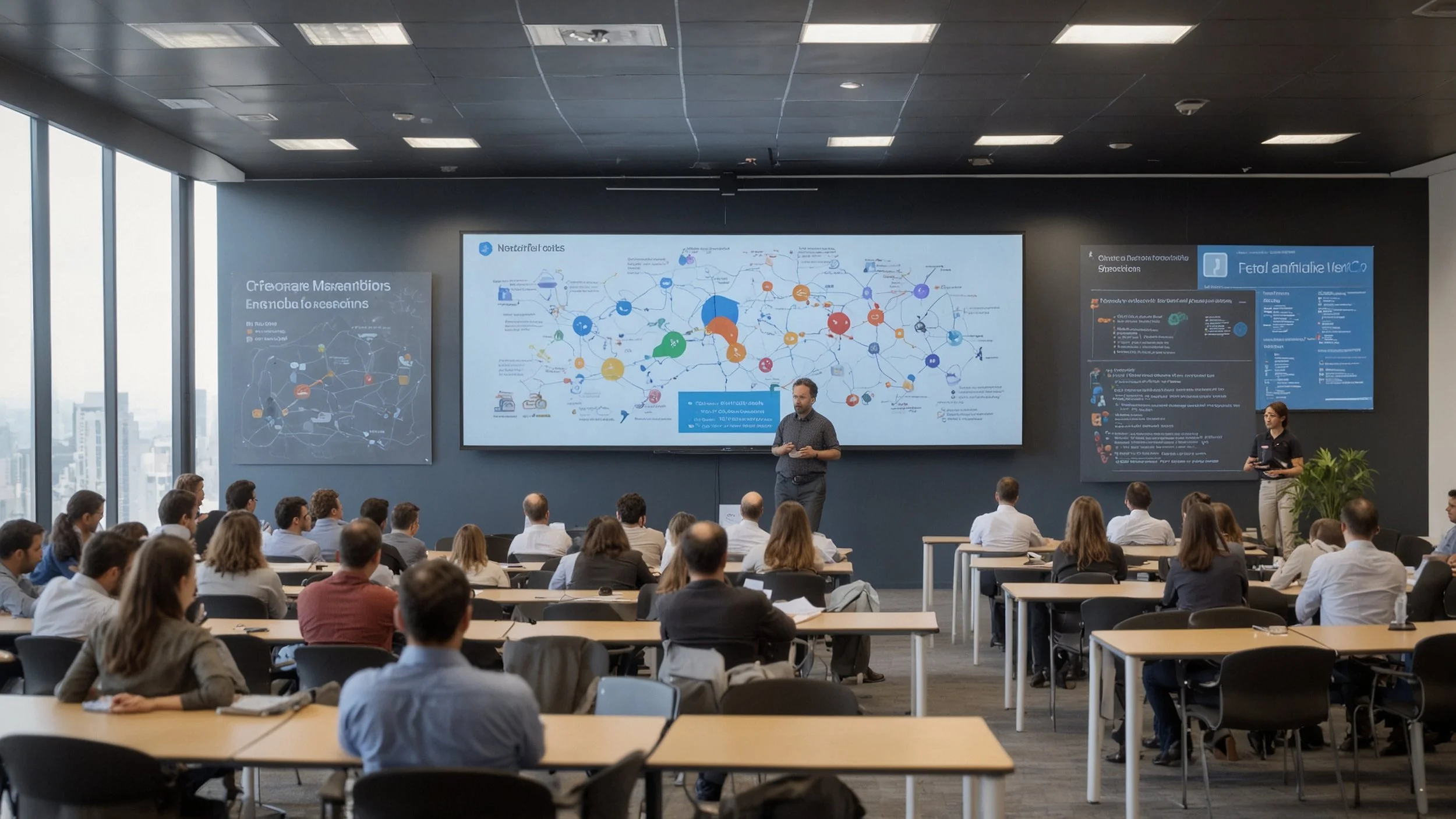The Transformation of Operational Finance: An Automated Future
In a world of rapidly advancing technology, automation in Operational Finance, also known as FinOps, is emerging as a key element to ensure efficiency and strategic value. The implementation of hybrid cloud strategies has promoted the demand for more efficient and scalable financial operations, prompting a reassessment of the importance of automation and its linkage with artificial intelligence. As investment in the public cloud continues to increase and more entities opt for hybrid models, automation emerges as the essential resource for unlocking the full potential of FinOps.
The Strategic Relevance of FinOps
FinOps plays a key role in organizations' cloud strategy; however, its reliance on manual procedures hinders the potential for innovation. The increasing complexity of cloud environments demands agile and proactive solutions. The right application of automation turns financial operations from a reactive function into a value-producing discipline. The elimination of manual labor not only streamlines operations, but also allows teams to focus on high-profile projects.
Intuitive Intelligence and Personalized Automation
Not all automation is uniform; each company has its own unique requirements and maturity levels. This variability necessitates specific adaptation of automation technologies to meet these particular differences.
Intuitive automation adapts and evolves over time, enabling FinOps teams to move from simply performing day-to-day operations to focusing on more complex strategic decision making.
The secret of effective automation lies in developing advanced systems. These systems are not only designed to perform repetitive tasks, but also to provide continuous process optimization.
Implementing this type of automation requires a dynamic approach that takes into account the evolving needs and maturity of the company, ensuring that the technological tools are always relevant and effective.
The role of cultural change in the adoption of automation
The triumph of automation transcends technological application; it demands a cultural transformation in organizations.
Companies must foster an environment where teams are ready to adapt to the changes that automation brings.
Investment in capacity building is essential, ensuring that personnel are continuously trained.
Cooperation between departments is vital, as collaborative work ensures a more efficient flow of information.
Automation becomes a priority initiative, prioritizing its implementation to improve productivity and reduce operating costs.
The FinOps Foundation report highlights that more than 50% of experts consider automation crucial to achieve maximum efficiency levels.
This growing recognition of automation highlights its role in optimizing resources and improving internal processes.
Operational Finance automation not only delivers efficiency; it also reinterprets the strategic value of financial activities. By adopting a proactive attitude, entities not only leverage their current prowess, but also set themselves up for long-term success in a rigorous and competitive digital environment. In this ever-changing landscape, FinOps automation presents itself as the path to an innovative and optimized future.






